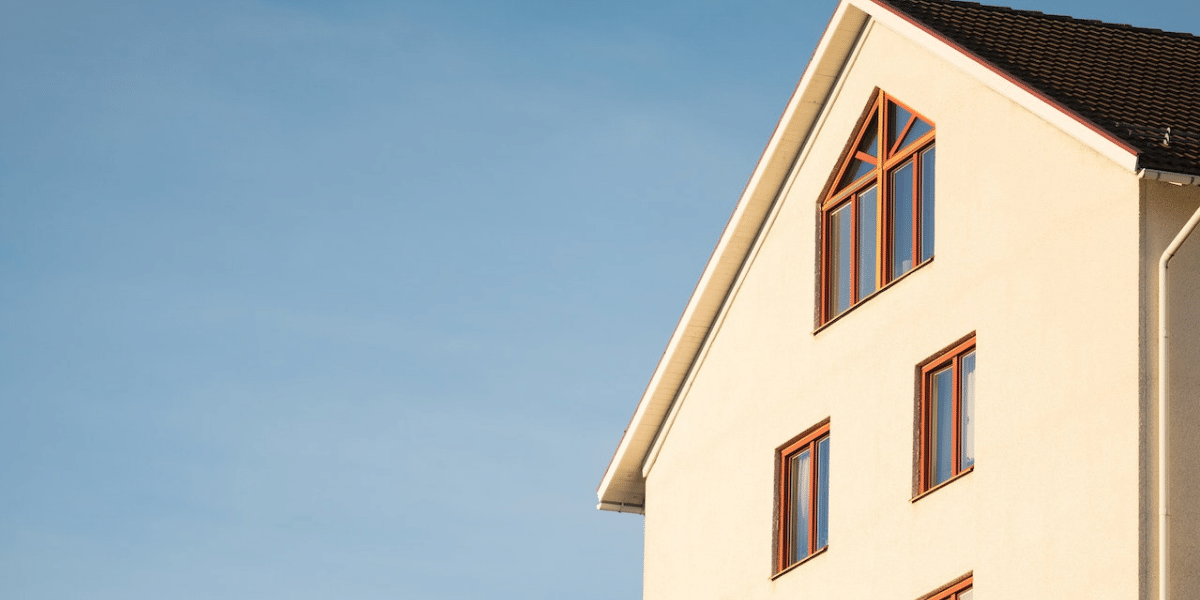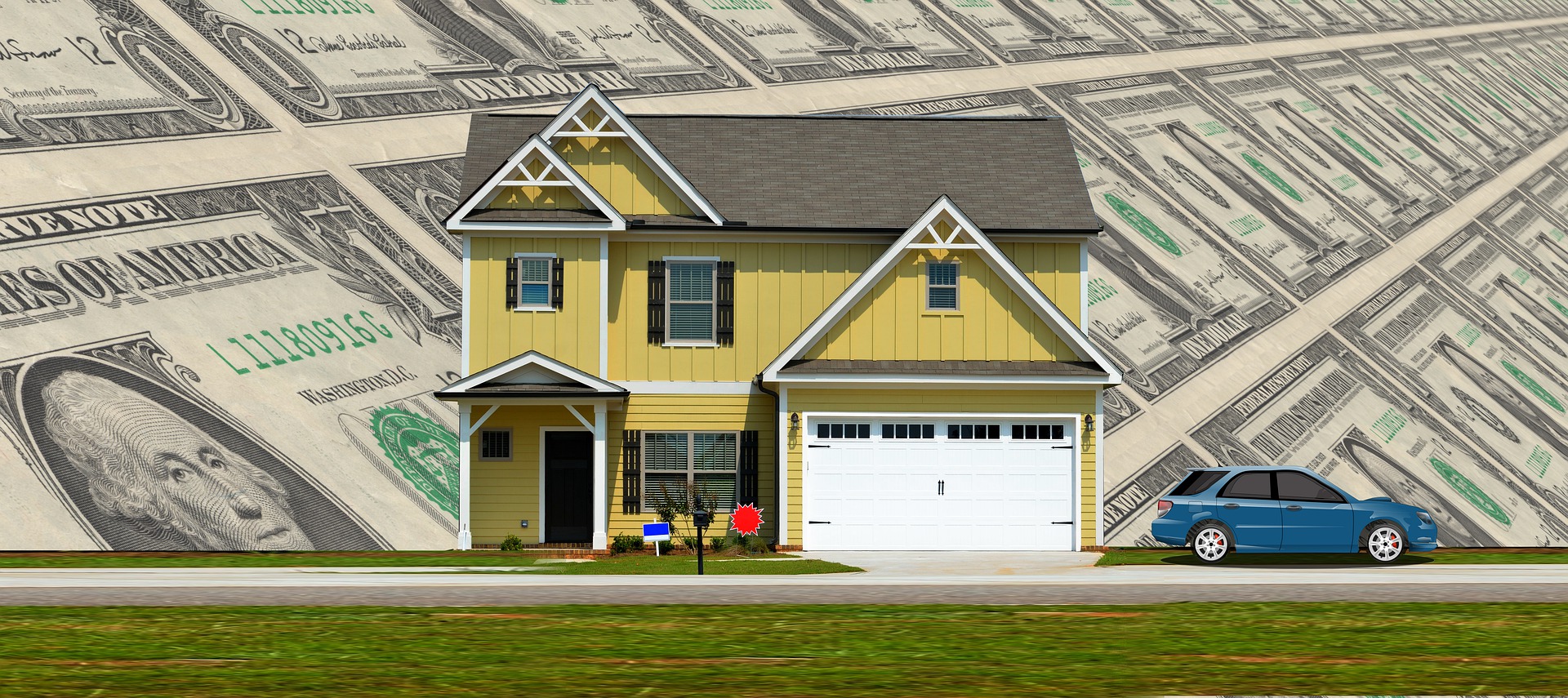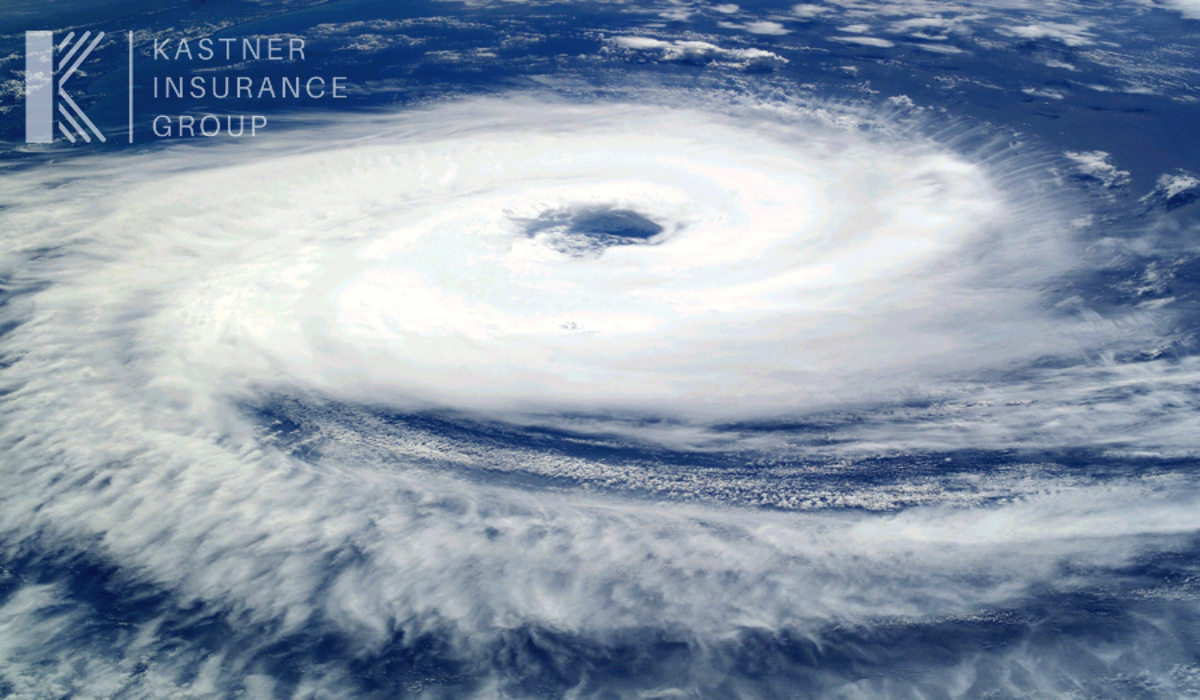Homeowners & New Buyers Should Always Double Check All Coverage
Understanding the home-insurance coverage that you have can be difficult. My experience is that many agents and brokers don’t do a good job of...
4 min read
Levi Kastner
Sep 23, 2022 5:53:06 PM

Every homeowner needs to get proper home insurance. Whether you own a studio apartment or a five-bedroom home, it is paramount that you protect your property. Unfortunately, while almost all homeowners will opt to buy home insurance, most will make quite a few mistakes while doing so.
Understanding that getting home insurance isn't like buying clothes or cars is essential. It is a legal contract that puts you and the insurance agency in a specific relationship. As such, it is paramount that you understand what kind of a relationship you are setting up and not assume anything that isn't clearly stated. To help you set yourself up right, here are the common mistakes people make when buying home insurance.
Most home insurance policies don't account for floods. While insurance agents are well aware of this, don't expect them to mention it on their own accord. This is why many homeowners don't have flood insurance and only realize that they don't have it once it is too late. So, if you are thinking about insuring your home, make sure to add flood insurance. It is especially true if you live in areas prone to floods.
The term "home insurance" can mean a lot of things. Depending on how it is structured and how you finance it, there are varying degrees to how much it covers. So, instead of simply going for the cheapest available option, make sure to do some research. When comparing different insurance policies, your goal is to find the biggest bang for your buck. The last thing you need is to spend years paying for home insurance (no matter how cheap it is), only to learn that it won't cover you.
Also, know that you can opt out of an insurance policy if you find a better deal. But, doing so is usually far more complicated than getting the right policy from the get-go.
If you plan to be a landlord, you must note that you'll need extra insurance to cover your renters. Any damage that renters cause won't be covered by standard insurance. Furthermore, you might be liable to pay the medical fees if someone gets injured on your property. Landlords insurance might be more expensive than regular home insurance. But, it is mandatory if you wish to rent out.
The cost of rebuilding a home and the price tag it will have when selling it are two completely different values. Market value is based on current real estate trends and the appraisal of a real estate agent. The replacement value is mostly calculated in the materials and work hours necessary to fix damages and rebuild the property. It is the amount your insurance will be based upon.
Also, remember that the insurance won't cover the entire property, nor will it be applicable if you introduce any home improvements or upgrades. Any change to your home will entail a new policy appraisal and likely a steeper cost for the policy.
Insuring your personal belongings is mandatory if you wish to be a landlord. If not, you'd still be wise to consider it. Fires, tornados, and robberies can call cause substantial damage. And seeing that insuring personal belongings can be as low as $5 per month, you should consider getting them. But, be warned. If there are any expensive items in your home that you've failed to mention to the agency, you may have difficulty claiming your insurance. We suggest you take out a separate policy for the precious items.
It would be best also to double-check whether the insurance of your personal belongings will cover transport. If you need to hire residential movers and relocate to a new place, a moving crew can get you there with ease. But, before they do, they will offer some form of item insurance. It might be worth getting if your current insurance doesn't cover transport.
Typical trap homeowners fall for is thinking that sewage backups are covered by flood insurance. While the sewage backup may cause a flood in your home, the insurance agency likely won't register it as such. So, what ends up happening is that you have a flood in your home through no fault of your own and no insurance to reimburse you. To avoid this, make sure to get insurance coverage for sewage leaks. This small caveat to your standard insurance may save you from a frustrating situation.
Adding safety features to your home is always a good idea. Not only do you make your home safer, but you can also lower the cost of your home insurance. Unfortunately, most homeowners aren't aware that this is possible. You need to inform the insurance company if you add alarms, video monitoring, or other safety systems. These features can quickly lower your insurance cost by 20-30%. The same goes for smoke detectors, fire suppression systems, and safe deposit boxes. You shouldn't shy away from talking with your insurance agency and seeing how much ROI you will get for investing in extra safety features.
Home maintenance is something that every homeowner should be familiar with. But, it is essential to note that if you cause damage during maintenance or through lack thereof, home insurance won't cover it. You can get home repair insurance, which will cover you to some extent. But, for specific items, it is cheaper to pay for fixes as the damage occurs instead of getting insurance.
These have been prevalent mistakes people make when buying home insurance. When you know what they are, you can easily avoid them and be protected if push comes to shove.

Understanding the home-insurance coverage that you have can be difficult. My experience is that many agents and brokers don’t do a good job of...

As I’m sure you’re aware, insurance premiums are going up throughout the nation, and it’s affecting everyone. Let's talk about why.